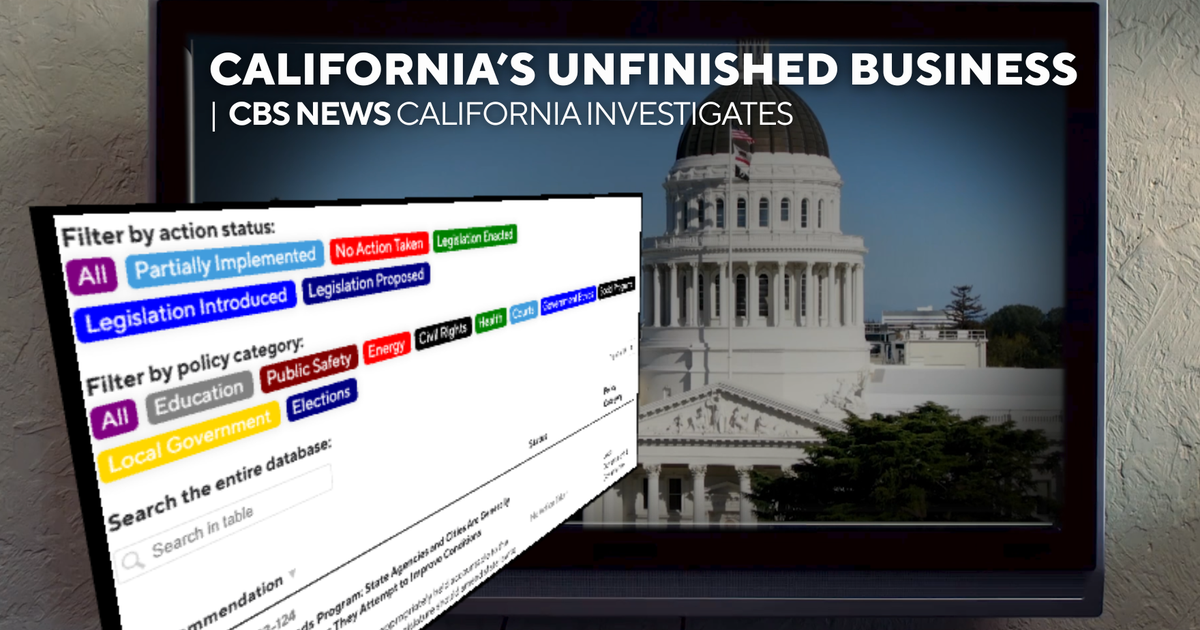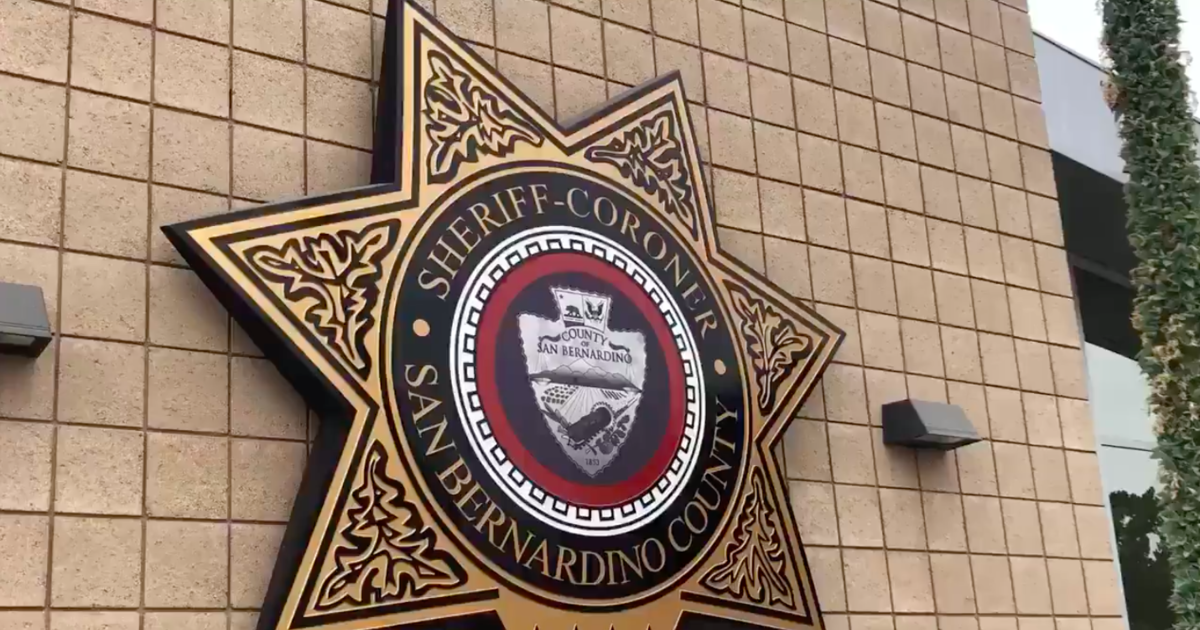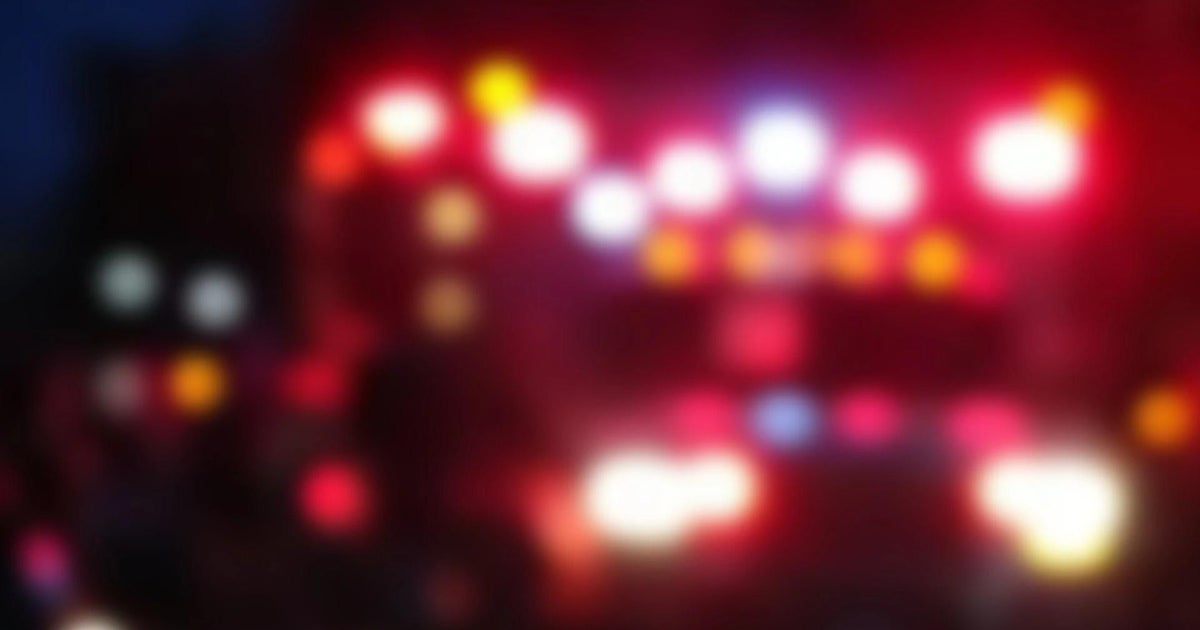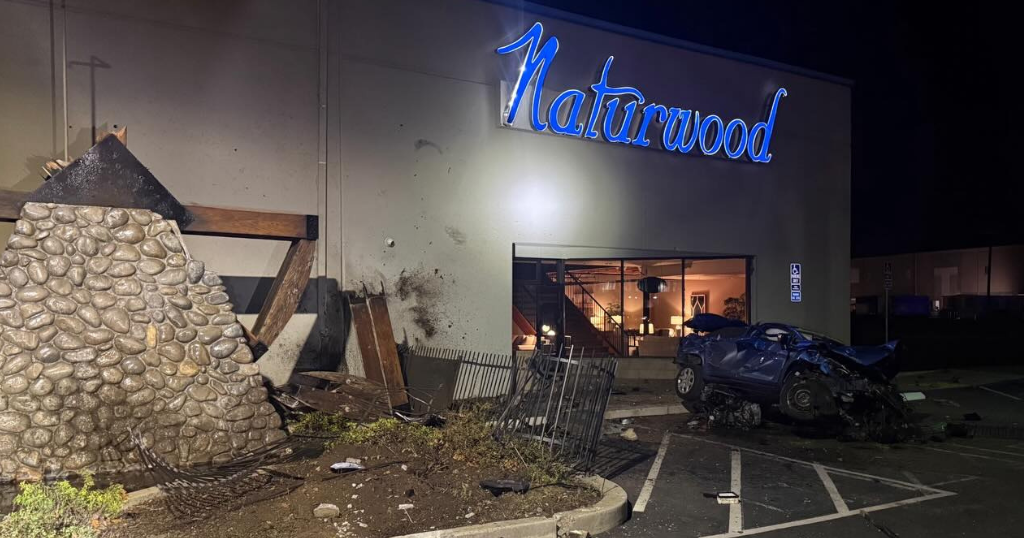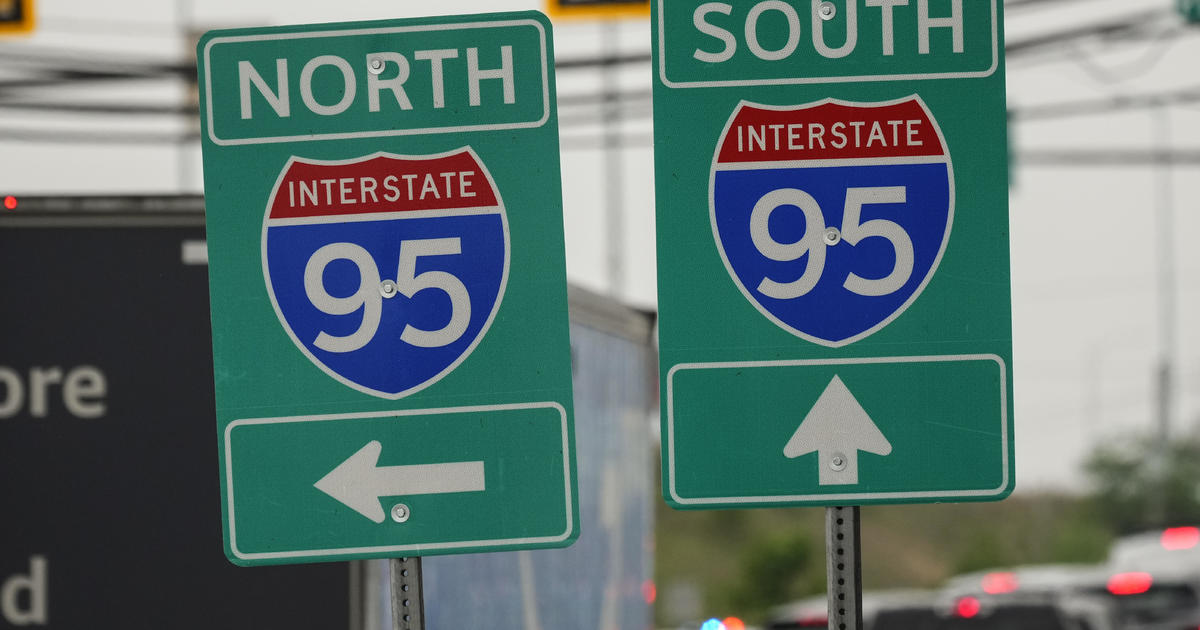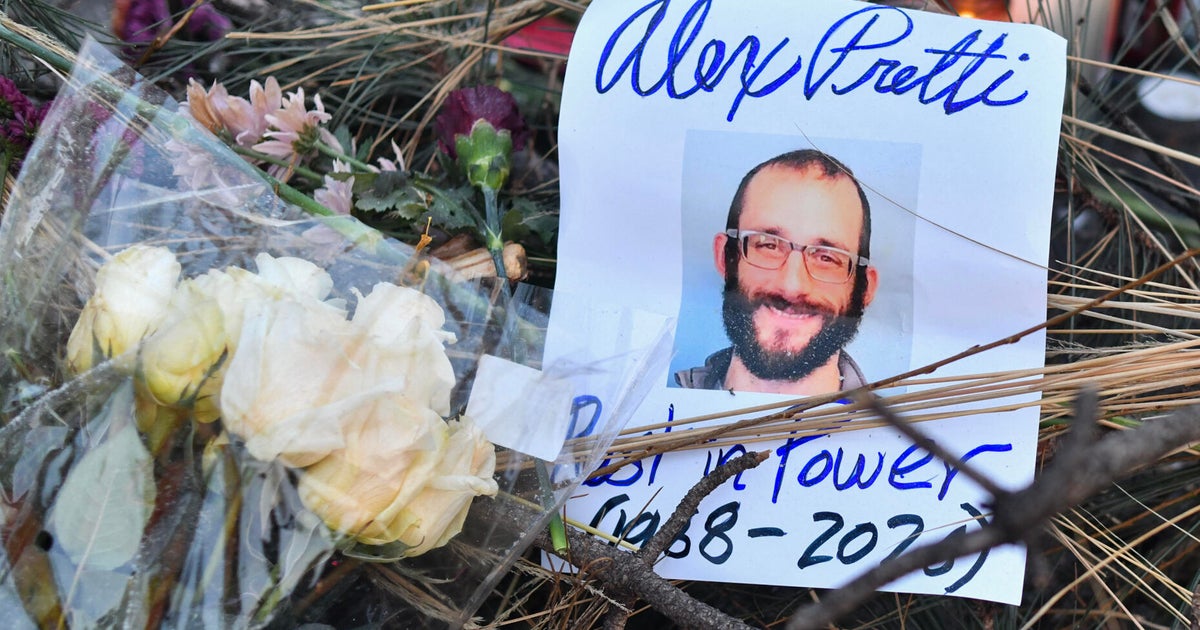Feds Recommend Lower Blood Alcohol Limit For Drivers
WASHINGTON (CBS NEWS) - Federal accident investigators recommended Tuesday that states cut their threshold for drunken driving by nearly half, matching a standard that has substantially reduced highway deaths in other countries.
The National Transportation Safety Board said states should shrink the standard from the current .08 blood alcohol content to .05 as part of a series of recommendations aimed at reducing alcohol-related highway deaths.
More than 100 countries have adopted the .05 alcohol content standard or lower, according to a report by the board's staff. In Europe, the share of traffic deaths attributable to drunken driving was reduced by more than half within 10 years after the standard was dropped.
A woman weighing less than 120 pounds can reach .05 after just one drink, studies show. A man weighing up to 160 pounds reaches .05 after two drinks.
New approaches are needed to combat drunken driving, which claims the lives of more than a third of the 30,000 people killed each year on U.S highways — a level of carnage that that has remained stubbornly consistent for the past decade and a half, the board said.
"Our goal is to get to zero deaths because each alcohol-impaired death is preventable," NTSB Chairman Deborah Hersman said. "Alcohol-impaired deaths are not accidents, they are crimes. They can and should be prevented. The tools exist. What is needed is the will."
But the recommendation to lowering the alcohol content threshold to .05 is likely to meet strong resistance from states, said Jonathan Adkins, an official with the Governors Highway Safety Association, which represents state highway safety offices.
"It was very difficult to get .08 in most states so lowering it again won't be popular," Adkins said. "The focus in the states is on high (blood alcohol content) offenders as well as repeat offenders. We expect industry will also be very vocal about keeping the limit at .08."
The lower alcohol content threshold was one of nearly 20 recommendations aimed at reducing drunken driving made by the board, including that states adopt measures to ensure more widespread use of use of alcohol ignition interlock devices. Those require a driver to breathe into a tube, much like the breathalyzers police ask suspected drunken drivers to use.
The board has previously recommended states require all convicted drunken drivers install the interlock devices in their vehicles as a condition to resume driving. Currently, 17 states and two California counties require all convicted drivers use the devices.
However, only about a quarter of drivers ordered to use the devices actually end up doing so, NTSB said. Drivers use a variety of ways to evade using the devices, including claiming they won't drive at all or don't own a vehicle and therefore don't need the devices, staff said.
The board recommended the National Highway Safety Administration, which makes safety grants to states, develop a program to encourage states to ensure all convicted drivers actually use the devices. The board also recommended that all suspected drunken drivers whose licenses are confiscated by police be required to install interlocks as a condition of getting their licenses reinstated even though they haven't yet been convicted of a crime.
Courts usually require drivers to pay for the devices, which cost about $50 to $100 to buy plus a $50 a month fee to operate, staff said.
The board has previously called on the safety administration and the auto industry to step up their research into technology for use in all vehicles that can detect whether a driver has elevated blood alcohol without the driver breathing into a tube or taking any other action. Drivers with elevated levels would be unable to start their cars.
(Copyright 2013 by CBS San Francisco. All Rights Reserved. This material may not be published, broadcast, rewritten, or redistributed.)

